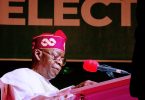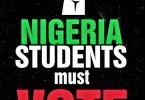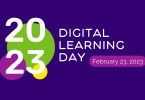Recently, various state governments launched different e-learning, TV and radio programmes to engage students during this period of coronavirus.
The initiatives of these state governments are indeed commendable. Generally, the initiatives are supposed to be an avenue for the students to learn from the comfort of their homes. Therefore, it could be said that this will reiterate their commitment to providing quality education in their states.
However, it is rather unfortunate to see that the laudable initiatives of these governors are not serving the purpose to which they were originally designed. It breaks my heart to know that the category of students to whom the programmes were designed do not even benefit from them.
Before the introduction of these programmes by the governments, private schools had set up standard platforms for online teaching to interact with their students. The platforms work efficiently. Students enjoy unrestricted access to the platforms. Lessons are conducted, and assignments are given. Students submit their work as and when due.
We could say that the initiatives are optimally achievable for most private school students. Basically, most of them possess the needful tools required for the e-Learning and TV programmes. Problem of power supply could be solved with alternatives in the case of inconsistency. Data subscriptions also are accessible to them.
Interestingly, most of the students have compatible phones, with different applications installed to engage them with the schools’ work. For the TV and radio programmes, they watch and listen attentively. Without mincing words, most private school students are well equipped to participate in the virtual learning.
Unlike private school students, their counterparts in the government schools are too distant from the various programmes designed for them. They have no tools to access the online platforms. Those who have phones are not financially buoyant to subscribe for data.
They have no power supply to watch TV programmes launched for them. When they manage to watch any of the programmes, they are unable to make contributions. What a pity!
So, governments, teachers, parents, stakeholders in the education sector, the question is that, what can be done to help these government school students who cannot access these online programmes?








